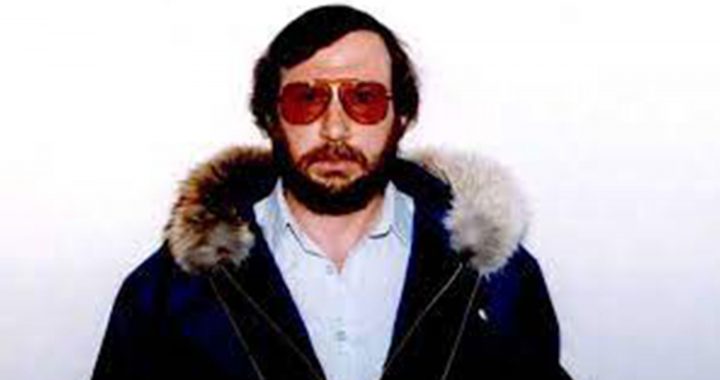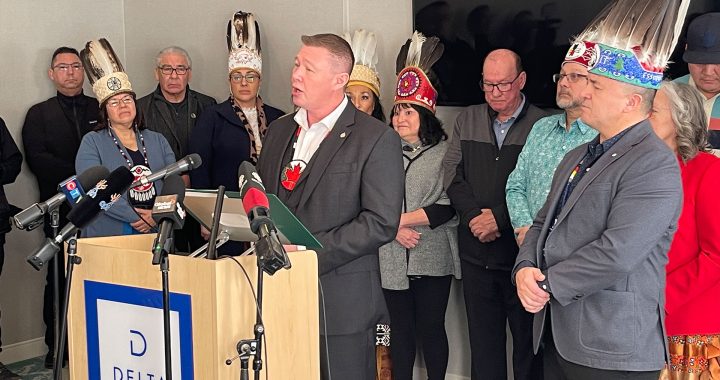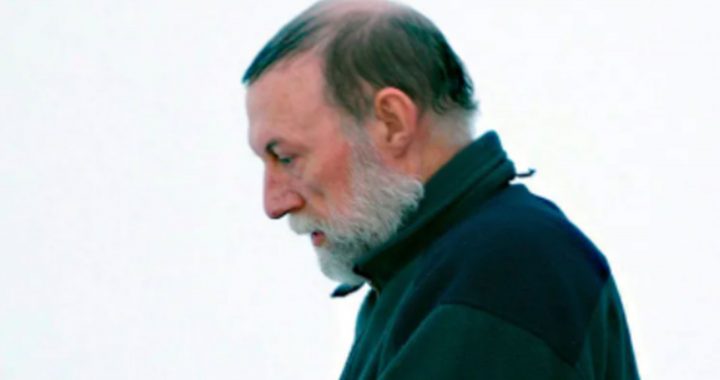TJ Lightfoot knew there would be consequences for testifying at the MMIWG hearings in Iqaluit.
What no one could have predicted was just how far Nunavut’s Chamber of Mines was allegedly willing to go in defending its industry.
“Afterwards, those mining companies specifically attacked me. They tried to have me fired,” alleged Lightfoot.
“That affirms that I must have said something that struck a nerve with them, they felt vulnerable.”
Lightfoot’s testimony in September 2018 included a section on man camps – worker camps mostly made up of men in small Indigenous communities – and the MMIWG inquiry ended up with a section on those camps and how they can put women at risk.
“Basically, the things that I said, were quoted and reinforced in the end. Those points are the ones I received the most criticism for. So it is good in a way, because I feel like I’ve been, not vindicated, but that there was a purpose to all this,” said Lightfoot.
In a letter to Nunavut newspaper Nunatsiaq News shortly after Lightfoot’s testimony, Nunavut Chamber of Mines Vice-President Alex Buchan tried to discredit Lightfoot and promote his industry as good for the women of Nunavut.
His comments included, “Lightfoot is not an expert on mining in Nunavut,” the comment said. “To our knowledge, not one woman or girl has been abducted by any of our employees,” and “As publicized as some incidents may be, the fact remains: women are an order of magnitude safer at our mines than at home. This fact was missing from Lightfoot’s testimony.”
The NWT and Nunavut Chamber of Mines also contacted Lightfoot’s employer at the time, Nunavut Health, to express “regret that one of his staff members would have provided that sort of testimony, without looking into our operating practices here in the territory,” Buchan told APTN News.
Lightfoot has been based in Iqaluit for years, but is from Elsipotog First Nation in New Brunswick.
As a researcher specializing in sexual health and environmental violence, Lightfoot was called to testify as a witness.
As an academic, Lightfoot was ready to argue facts, this wasn’t what they signed up for.
“The personal attacks, was not what I was prepared for. There’s a difference between attacking someone’s sources. I mean, if you agree with mining, that’s fine. Go ahead and criticize all you want. But when it comes to a personal attack, it basically reinforced what I was saying about the gas lighting, the violence LGBQ2 people experience especially, especially indigenous women,” explained Lightfoot from their Iqaluit home.
When the testimony happened, critics picked the part they thought they could argue against, and focused on it, ignoring the rest of the testimony.
Read More:
Inuk woman says she is being harassed at Nunavut mine site
According to Lightfoot, the same thing is happening now, with the national focus on the MMIWG Inquiry’s use of the word genocide in their final report.
Lightfoot also used the word genocide when testifying at the hearing.
“You can say it’s not [genocide] all you want, but if you look at what the definition is, it’s undeniable, it is absolutely part of it,” said Lightfoot.











completely disgusting … typical of the attitudes that lead to women dying and being abused … not to mention the mess this industry leaves behind with no consequences or sense of responsibility … the attitudes, the industry and the people leading it belong to a past era that needs to die off and disappear … you think employees are gonna tell their bosses what they get up to in their off time? grab a brain and some compassion and social responsibility … infuriating